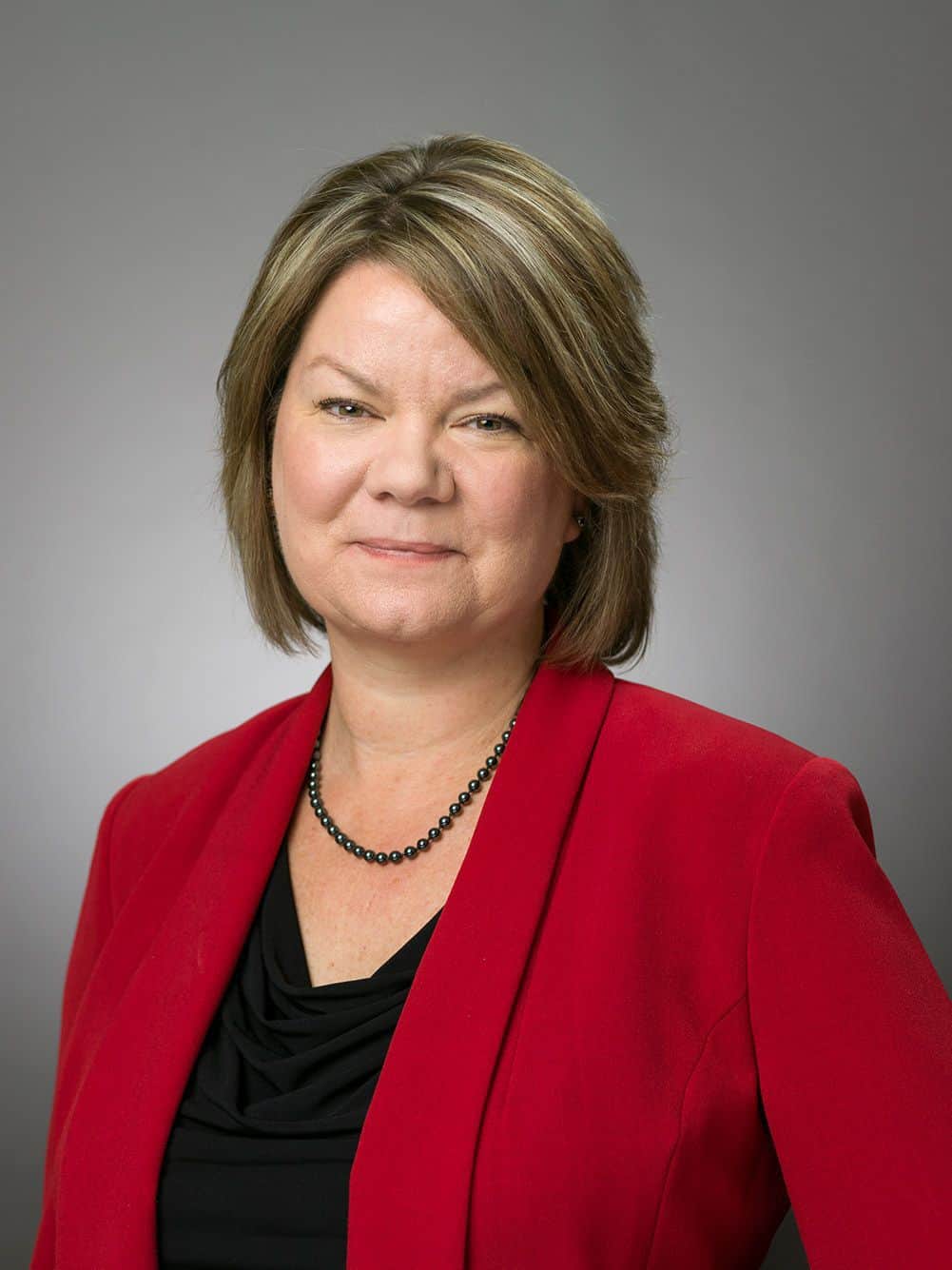Families, teachers, and school staff members across the state are faced with no good solutions, only difficult choices as August rapidly approaches. Reported COVID-19 cases are skyrocketing across the United States, with more than 90,000 confirmed cases in North Carolina and daily cases still on an upward trend. And while it appears that young children in particular are less susceptible to COVID-19, there remains significant concern about the susceptibility of older children, teens, teachers, and school staff to the virus.
On Tuesday, July 13, 2020, Governor Roy Cooper was joined by education and health leaders to announce plans for K-12 public schools for the upcoming school year. He announced that schools will open for in-person instruction under an updated “Plan B” that “requires face coverings for all K-12 students, fewer children in the classroom, measures to ensure social distancing for everyone in the building” among other safety protocols. Local school districts also have the option to choose “Plan C” – remote learning only – if that course of action best meets local needs. Some districts have announced plans to take that option, at least for the start of the year.
Fears and Benefits
Parents are justifiably worried about sending their children back to school in a month. Recent national surveys have found that only a small percentage of parents felt comfortable sending their children back to school this fall. The fears are significantly greater among Black and Latinx parents according to recent polling, as people of color suffer disproportionately higher rates of COVID-19 infection. Parents of children with special health care needs seem to have no good choices, as their children are often simultaneously at higher risk from COVID-19, and less likely to have a viable remote learning option. Teachers are also concerned, with May 2020 polling finding that 1 in 5 teachers say they are unlikely to go back to school if their classrooms reopen in the fall.
Despite the uncertainty and fear, there is one thing parents, teachers, community leaders, and child advocates can agree on: Ultimately, we all believe that being physically in school has tremendous benefits for children that go far beyond learning. From our friends at the NC Pediatric Society:
We know that most students learn best in-person and that schools offer many social and health benefits. Kids who are in school are more likely to reach learning goals and complete their education. They also learn social and emotional skills, get healthy meals and exercise, mental health services and other support. As pediatricians, we are concerned about children and teens who are feeling socially isolated, victims of physical or sexual abuse, struggling with behavioral health challenges. In recent months there have been increased rates of anxiety, depression and suicidality among children.
Beyond supporting educational development, schools play a critical role in addressing racial and social inequity. This pandemic is especially hard on families who rely on the childcare schools offer so they can work, the school nutrition program, and health supports offered in schools. As many families of color work essential jobs and live in low-wealth conditions, these services are particularly important supports.
–NC Pediatric Society, July 14 2020
Because of these important factors, we all want to see our state get back to in-person learning for children quickly. Unfortunately, the state of North Carolina has not done enough yet to make this safe return possible.
Action is needed now.
First, will schools have the funding they need to fully staff, clean, and re-open schools for socially-distanced in-person learning? While North Carolina school districts have received federal funding under the CARES Act, the NC Department of Public Instruction has not made clear whether local school districts actually have the resources they need for staffing, cleaning, PPE, and more. And there are wide disparities from county to county in critical components like broadband access and school nurses.
NC Child has identified three policy priorities that the NC General Assembly should address immediately to allow our schools to reopen as safely as possible:
- Enact policies to expand broadband access, particularly for rural areas. The NC General Assembly should allow for counties and cities to develop more broadband infrastructure, as well as provide funding and grants to support satellite broadband and other quick-start options.
- Expand Medicaid so that families, bus drivers, custodians, and substitute teachers have the coverage they need to stay healthy. Every parent and school employee should have access to affordable health coverage – now more than ever.
- Ensure there is a school nurse in every school building. Students will need both the physical and mental health supports that a school nurse provides. Teachers can’t be tasked with daily health checks and symptom monitoring on top of all the other extra work and risks they are taking on.
We’re deeply concerned about child health and safety in any scenario, whether children are in schools or at home. Though COVID-19 cases are unusual in children and typically not severe, they are not immune. We are still grieving the loss of Aurea Soto Morales, a second grader in Durham, who died of complications related to coronavirus last month.
The coronavirus is dangerous and clearly going not away anytime soon. We must remain vigilant and keep children’s health and well-being central to NC’s response and reopening in the coming months. And our legislators must get serious about allocating the resources we need to get children and teachers back to school safely.



